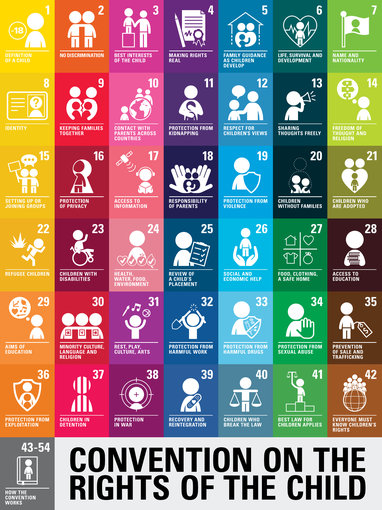
Rights Respecting School

Rights Respecting School
Our School's Vision has at its heart the importance of caring about others; we want to ensure that everyone is treated with respect and dignity, making sure that each person is valued. This is one of the reasons why the work of UNICEF and Rights Respecting Schools is so significant to us.
We are incredibly proud to be a Rights Respecting School and of having achieved the Bronze 'Rights Committed' level so far.
WHAT IS A RIGHTS RESPECTING SCHOOL?
The UNICEF UK Rights Respecting Schools Award (RRSA) is based on principles of equality, dignity, respect, non-discrimination and participation. The RRSA seeks to put the UN Convention on the Rights of the Child at the heart of a school’s ethos and culture to improve well-being and develop every child’s talents and abilities to their full potential.
We are an inclusive, community school with a strong tradition of mutual respect and tolerance.
A rights-respecting school is a community where children’s rights are learned, taught, practised, respected, protected and promoted. Young people and the school community learn about children’s rights by putting them into practice every day.
We feel it is important that when children learn about their rights it is important that deeper connections are also made in their understanding about the nature of rights.

Our Rights Respecting Schools Award embeds these values in daily school life and gives children the best chance to lead happy, healthy lives and to be responsible, active citizens.
UNICEF UK RIGHTS RESPECTING SCHOOLS ARE REQUIRED TO IMPLEMENT FOUR EVIDENCE-BASED STANDARDS.
- Rights-respecting values underpin leadership and management.
- The whole school community learns about the UN Convention on the Rights of the Child.
- The school has a rights-respecting ethos.
- Children are empowered to become active citizens and learners.
Bronze: Rights Respecting is granted by UNICEF UK to schools that are committed to children’s rights throughout the school in their policies, practice and ethos, as outlined in the RRSA Strands and Outcomes
To find out more visit this website: https://www.unicef.org.uk/rights-respecting-schools/
Impact for children at our Rights Respecting school; wellbeing, participation, relationships and self-esteem
Being a Rights Respecting School has helped us go beyond the school gates, making a positive impact on the whole community.
Children are healthier and happier
- We promote the values of respect, dignity and non-discrimination through our enabling environment, curriculum and ethos. This in turn helps promote children’s self-esteem and wellbeing
- We ensure that children are made aware of their rights through assemblies, lessons, teaching and learning experiences and displays. A child who understands their rights, understands how they and others should be treated and their sense of self-worth is strengthened
Children feel safe
- The Rights Respecting Schools Award has helped us promote children to express themselves
- Children and young people are empowered to access information that enables them to make informed decisions about their learning, health and wellbeing
Children have better relationships
- Children are treated as equals by their peers and by the adults in the school
- Children and young people are involved in strategic decision-making through our student Council, Class Ambassadors and Primary Parliament; in decisions about their learning; and in views about their wellbeing
Children are actively involved in school life and the wider world
- Children and adults have developed an ethos and language of rights and respect around the school
- Rights and principles of the Convention are used to put moral situations into perspective and consider rights-respecting solutions – this all has a huge impact on relationships and wellbeing
- Children and young people get very involved in raising awareness about social justice issues
- Our Ambassadors and Student Council take part in campaigns and activities to help to bring about change. This builds pupils confidence to make informed decisions
